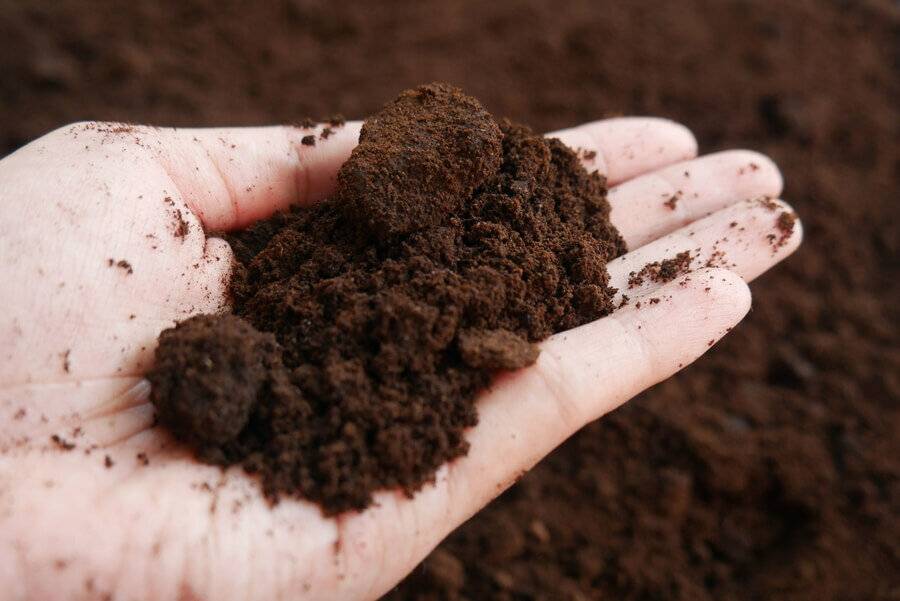Is Baking Soda Bad for Septic Tanks?
When it comes to maintaining a healthy septic system, homeowners often seek natural remedies and household products to keep their tanks in optimal condition. Baking soda, a versatile ingredient commonly found in kitchens, has gained popularity as a cleaning agent and odor neutralizer. However, there is a lingering question: Is baking soda bad for septic tanks?
In this article, we will delve into the impact of using baking soda in septic systems and explore whether it poses any risks or benefits. Before we proceed, let’s understand the basics. Septic tanks are an integral part of the wastewater treatment process for homes not connected to municipal sewage systems. These underground tanks collect and decompose organic matter, allowing the effluent to be safely released into the surrounding soil.
Now, let’s address the concerns surrounding baking soda. Some homeowners believe that baking soda can enhance the performance of septic tanks by promoting bacterial growth and reducing odors. However, others argue that baking soda may disrupt the delicate balance of bacteria within the tank or cause clogging issues.
In the following sections, we will examine these viewpoints and provide you with an unbiased analysis of the potential effects of baking soda on septic tanks. We will explore scientific research, expert opinions, and practical experiences to shed light on this topic. So, let’s dive in and separate fact from fiction when it comes to using baking soda in septic systems.
The Impact of Baking Soda on Septic Tanks
Many homeowners turn to baking soda as a natural and cost-effective solution for various cleaning tasks. It’s known for its ability to eliminate odors, remove stains, and act as a gentle abrasive. However, when it comes to septic tanks, the use of baking soda can be a topic of debate.
The Potential Benefits of Baking Soda
Proponents of using baking soda in septic systems argue that it can offer several benefits. One of the main claims is that baking soda can help maintain a favorable pH balance within the tank, creating an environment conducive to the growth of beneficial bacteria.
Additionally, baking soda is said to have deodorizing properties, which can help reduce unpleasant smells emanating from the septic system. This can be particularly useful in homes where odors occasionally become an issue.
Furthermore, baking soda is a non-toxic substance, making it an appealing alternative to harsh chemical cleaners. It is considered environmentally friendly and poses no immediate safety risks to humans or pets.
The Potential Risks of Baking Soda
While some homeowners swear by the benefits of baking soda, others express concerns about its potential negative impact on septic tanks. One of the primary concerns is that baking soda may disrupt the delicate balance of bacteria within the tank.
Septic systems rely on a delicate ecosystem of bacteria to break down organic matter and facilitate the decomposition process. Introducing large amounts of baking soda into the system could potentially disturb this balance, leading to a decrease in the efficiency of waste breakdown.
Another concern is that baking soda may contribute to clogging issues within the septic system. Baking soda is a fine powder that, when mixed with water, can form a paste-like substance. If this paste accumulates in the pipes or drains, it could potentially obstruct the flow of wastewater, leading to backups and other plumbing problems.
The Verdict: Is Baking Soda Bad for Septic Tanks?
Based on the available information and expert opinions, it is safe to say that using baking soda in moderation is unlikely to cause significant harm to septic tanks. However, it is crucial to exercise caution and avoid excessive use.
If you choose to use baking soda in your septic system, consider the following recommendations:
- Use baking soda sparingly: While baking soda can offer benefits, excessive use can disrupt the balance of bacteria within the tank. Use it in moderation and only when necessary.
- Flush with water: After using baking soda, ensure that you flush the system with plenty of water to prevent any potential clogging issues.
- Maintain regular septic tank maintenance: Regardless of whether you use baking soda or not, regular maintenance is essential for the proper functioning of your septic system. This includes regular pumping, inspections, and following best practices for waste disposal.
Conclusion
In conclusion, the use of baking soda in septic tanks can have both benefits and potential risks. While it can help maintain a favorable pH balance and reduce odors, excessive use may disrupt the bacterial balance and contribute to clogging issues. It is important to use baking soda sparingly and follow proper septic system maintenance practices to ensure the longevity and efficiency of your septic tank.


0 Comments